
Personal Justice
Want to safely weather these difficult times before Mashiach? Read Rabbi Yehuda Zev Leibowitz's advice, given from his experience in the Holocaust...

My esteemed teacher, the monumental tzaddik Rabbi Yehuda Zev Leibowitz of saintly and blessed memory, said that in order to safely weather the difficult times that precede the coming of Mashiach, a person must be careful to observe the mitzvot between human and fellow human. Particularly, he said that we must give in to one another. When does a person “give in”? “Giving in” means avoiding an argument when your opinion is the correct one. If you’re wrong in the first place, that’s not called “giving in”. Sure, you are justified. The other party insulted you. The other party acted cruelly toward you. The other party was inconsiderate and selfish. You have every right to react strongly and retaliate, but you don’t for the sake of peace. You want to avoid strife and arguments. On the short term, it looks like you’re the loser, even foolish, but that’s arrogance talking. The truth is that in desiring to preserve the peace and to avoid arguments, you are acting according to Hashem’s will. Therefore, Hashem will save you from the birth pangs of Mashiach. Even if you’re surrounded by World War III, you’ll emerge unscathed. That’s the power of giving in, being soft like a reed rather than rigid as a cedar. Reeds weather strong winds by bending, but the same strong winds can break a cedar tree.
We must have mercy on each other. When we do, Hashem has mercy on us. A person with emuna is 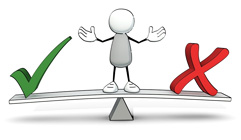 never cruel toward others. He harbors no hate in his heart, nor does he ever seek revenge against those who hurt him. Why? He knows that everything comes from Hashem and that anyone who does him harm is a mere stick in Hashem’s hands. In these difficult times, we all must strengthen ourselves in emuna so that we can always have mercy and each other and to avoid strife among ourselves at all costs. We need emuna to truly live in peace and harmony with one another.
never cruel toward others. He harbors no hate in his heart, nor does he ever seek revenge against those who hurt him. Why? He knows that everything comes from Hashem and that anyone who does him harm is a mere stick in Hashem’s hands. In these difficult times, we all must strengthen ourselves in emuna so that we can always have mercy and each other and to avoid strife among ourselves at all costs. We need emuna to truly live in peace and harmony with one another.
We must never wait until the Heavenly Court judges us. Rebbe Nachman teaches that we must judge ourselves before the Heavenly Court judges us. We must live in a law-abiding society both collectively and personally. On an individual basis, this means that we must adhere to the laws of the Torah. When a person transgresses Torah, it means that he or she has violated the law. Their individual society is rendered lawless so in order to function properly, it must be rectified. One’s rectification of violating the law is simple – by daily self-assessment, we judge ourselves and ask forgiveness for whatever we did that was wrong. This is so effective, because when we judge ourselves, the Heavenly Court cannot judge us. So, with daily assessment, Hashem in His infinite mercy judges us, rather than the Heavenly Court, which is exacting and stringent in upholding justice. With Hashem, a person is always forgiven, but with the Heavenly Court, a person is almost always guilty. That’s why Rebbe Nachman so urges us to judge ourselves daily.
If judging ourselves is so wonderful, then why doesn’t everyone do it? The reason is that when people have difficulties in life, and things don’t go according to their plan, they think that Hashem is acting unjust with them. Instead of judging themselves, they judge Hashem. A person harbors such a thought because he or she lacks the simple emuna that everything Hashem does is for the very best. If a person would believe that everything Hashem does is for the very best, every single minute of the day, he wouldn’t harbor any negative thoughts about Hashem. Those negative thoughts constitute a breakdown of one’s personal judgment system, because they’re not true. King David, despite all his trials and tribulations in life, nonetheless declares in Psalm 92, “Hashem is just, my Rock in Whom there is no wrong.”
People have difficulty overcoming their bad habits and bodily urges. They also have difficulties overcoming the fantasies that embed themselves in their minds, such as the fantasy that Hashem is unjust with them, or doesn’t treat them fairly, Heaven forbid. People ask, “How can I serve Hashem, when He doesn’t give me a decent income? It’s impossible to serve Hashem under such circumstances.” Such people think that Hashem is acting unfairly or unjustly toward them. This is not only false, but it’s a gross lack of emuna that triggers troubles in life. Why? Nothing invokes stern judgments like a lack of emuna. When a person reacts to a difficulty in life without emuna, the situation becomes even more difficult. In this case, the lack of emuna means that the individual thinks that Hashem is not fair with him, that Hashem is unjust. Such an attitude triggers immediate accusations in the Heavenly Court, which says, “You think Hashem is unjust? Fine, let’s examine your file and see what you really deserve.” Once the Heavenly Court opens a person’s file, the Heavenly prosecutors discover all types of offenses that Hashem in His mercy hadn’t punished the person for. The court discovers that Hashem has actually been lenient with the person, and that the person doesn’t deserve the lenience and loving-kindness that Hashem has been giving him. That’s when the trouble starts.
Hashem is always good and merciful. To think otherwise is a perversion of justice. Even when life is difficult, we shouldn’t budge from our emuna that Hashem is doing everything for our ultimate good. As soon as we remind ourselves that Hashem loves each of us and is doing everything for the very best, we not only encourage ourselves and give ourselves the strength to withstand whatever challenge in life that is facing us, but we can thank Hashem for the seemingly bad as well as for the good. Even more so, we can sing a song of thanks to Hashem, and then we see the gates of salvations open wide before our very eyes. Why? Nothing invokes such Divine compassion and miracles like songs of thanks, especially in the face of difficult challenges, for when a person expresses gratitude under stress, this is the greatest expression of emuna that can be.





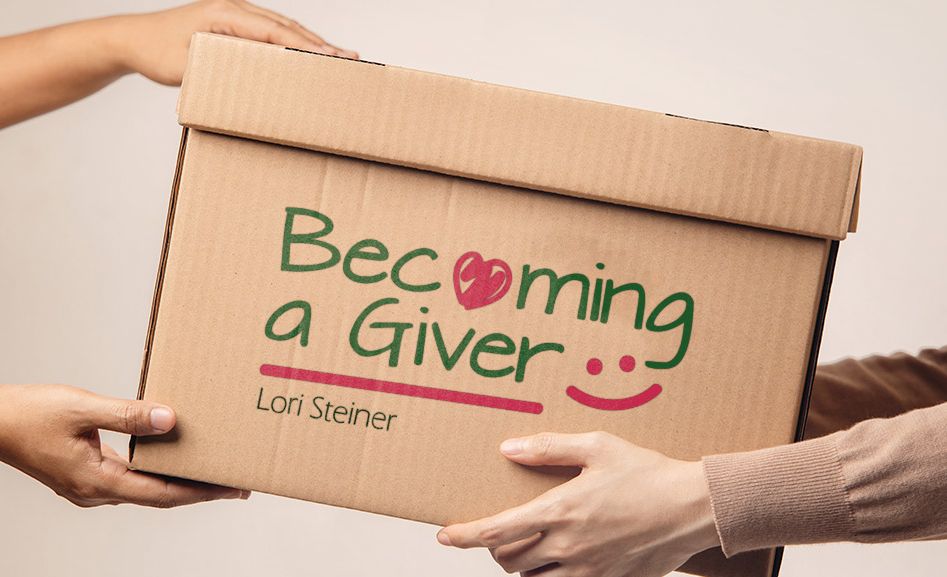
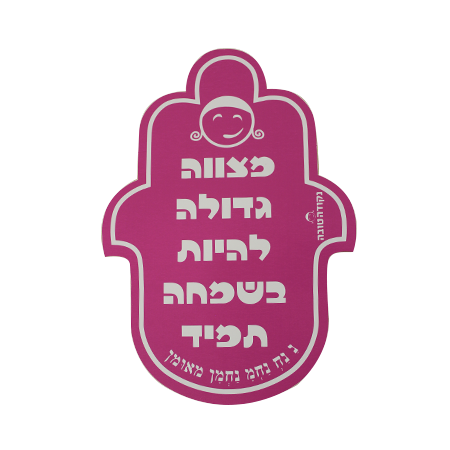

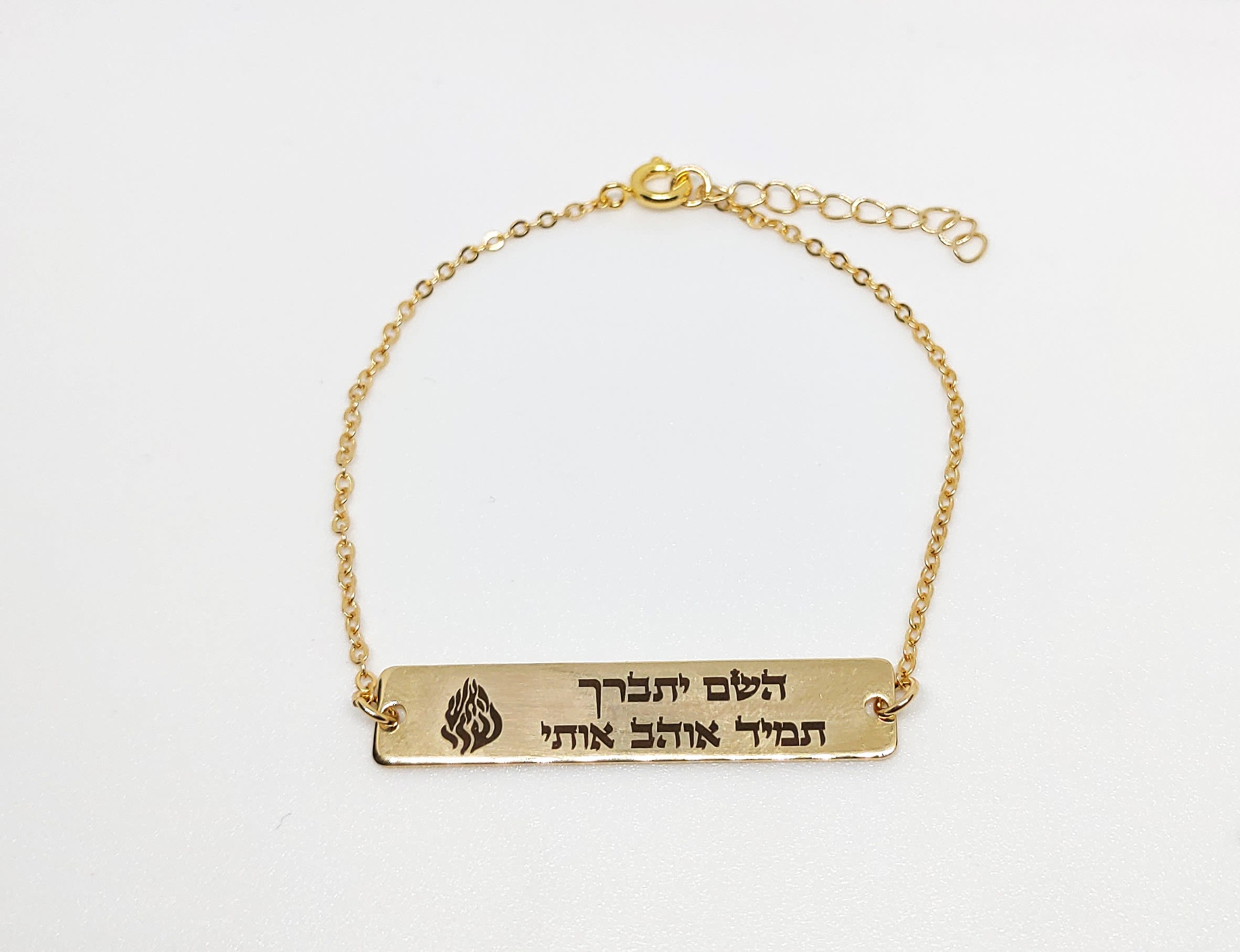
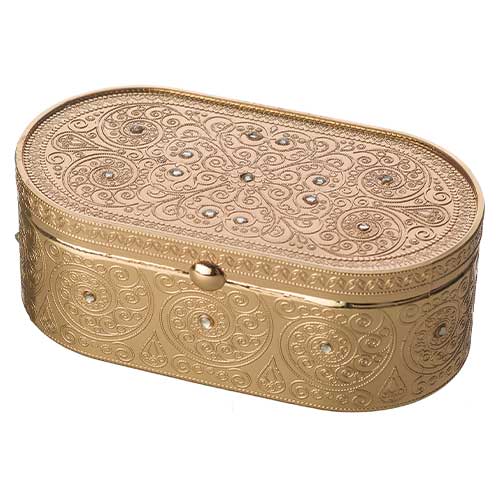
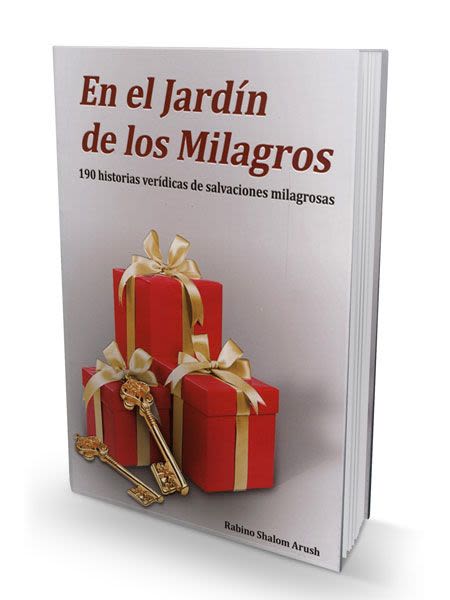
Tell us what you think!
Thank you for your comment!
It will be published after approval by the Editor.